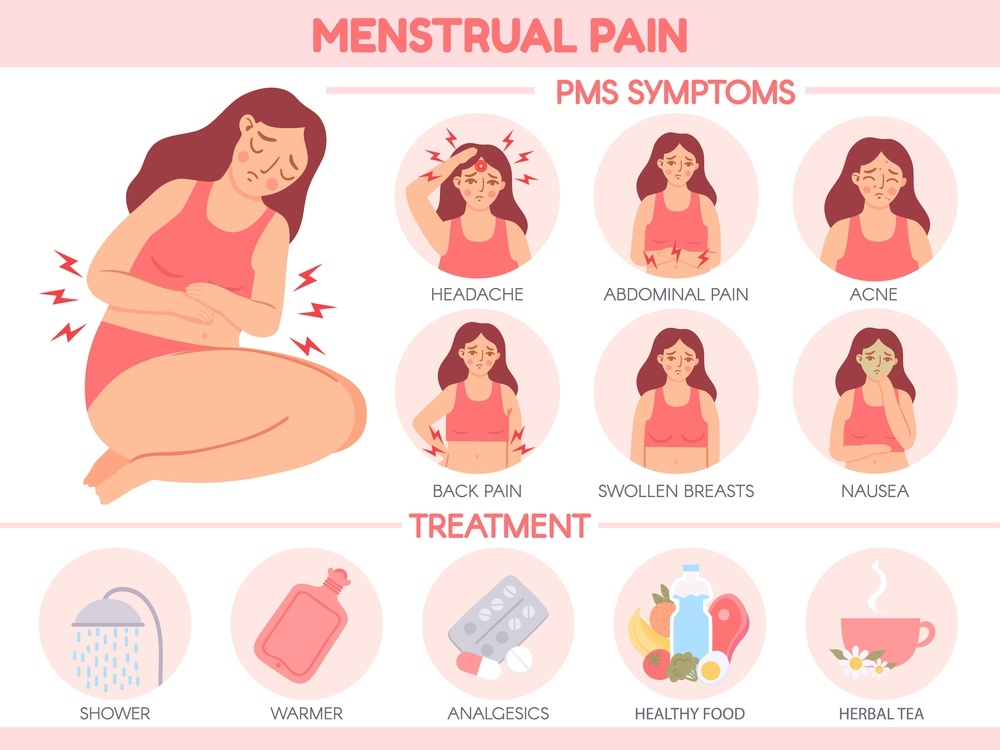Breastfeeding is something we have always advocated for. Why do we advocate for breastfeeding? Some characteristics of breast milk cannot be replaced by any formula:
1. Breast milk contains more lactose, which is necessary for infant growth and development, compared to other dairy products.
2. As long as the nursing mother is well-nourished, breast milk contains sufficient amounts of vitamins.
3. Breast milk contains lactoferrin, which inhibits the growth of harmful bacteria that require iron.
4. Breastfeeding promotes emotional bonding between mother and baby. Through breastfeeding, the baby can hear the familiar sound of the mother's heartbeat, which they were accustomed to in the womb. They can feel the warmth of their mother's skin and smell her natural scent. This has significant benefits for stabilizing the baby's emotions and promoting healthy development. Additionally, when the mother personally breastfeeds, she can promptly detect any changes in the baby's temperature or signs of illness, allowing for early treatment.
5. Breastfeeding benefits the mother's health. It not only helps the uterus return to its pre-pregnancy state but also reduces the risk of breast and ovarian cancer.
6. Breast milk has excellent nutritional composition, containing various nutrients necessary for the baby's growth and development. Furthermore, as the baby grows, the composition of breast milk changes to meet their evolving needs. All proteins and fats in breast milk are of high quality and easily digestible and absorbable by the baby, unlike the proteins in cow's milk.
7. Approximately 50% of the iron in breast milk can be absorbed by the baby, making it the most easily absorbed iron source among various foods. Therefore, even though breast milk may not contain a large amount of iron, it is sufficient for the baby's needs.
8. Breast milk provides adequate hydration, even in hot summers. By breastfeeding more frequently, the mother can meet the baby's physiological needs.
9. The ratio of calcium to phosphorus in breast milk is appropriate and easily absorbed.
10. Breast milk is at an appropriate temperature, clean, sterile, and can be provided to the baby at any time without being limited by time or location. It is both economical and convenient.
11. Breast milk in the breast does not spoil and is always fresh. Moreover, the more the baby feeds, the more milk is produced.
12. Breast milk contains active white blood cells, immune antibodies, and other immune factors that help fight infections. Colostrum, in particular, contains a large amount of immunoglobulin. These immune substances act like antibiotics, protecting the baby from bacterial infections and reducing the likelihood of diseases such as pneumonia.








